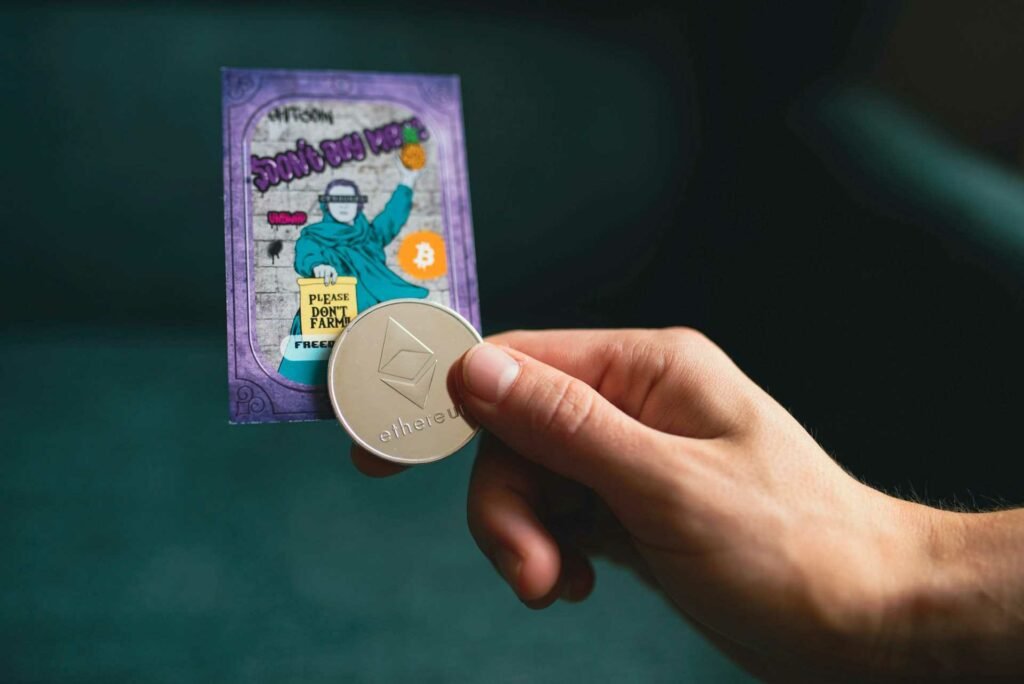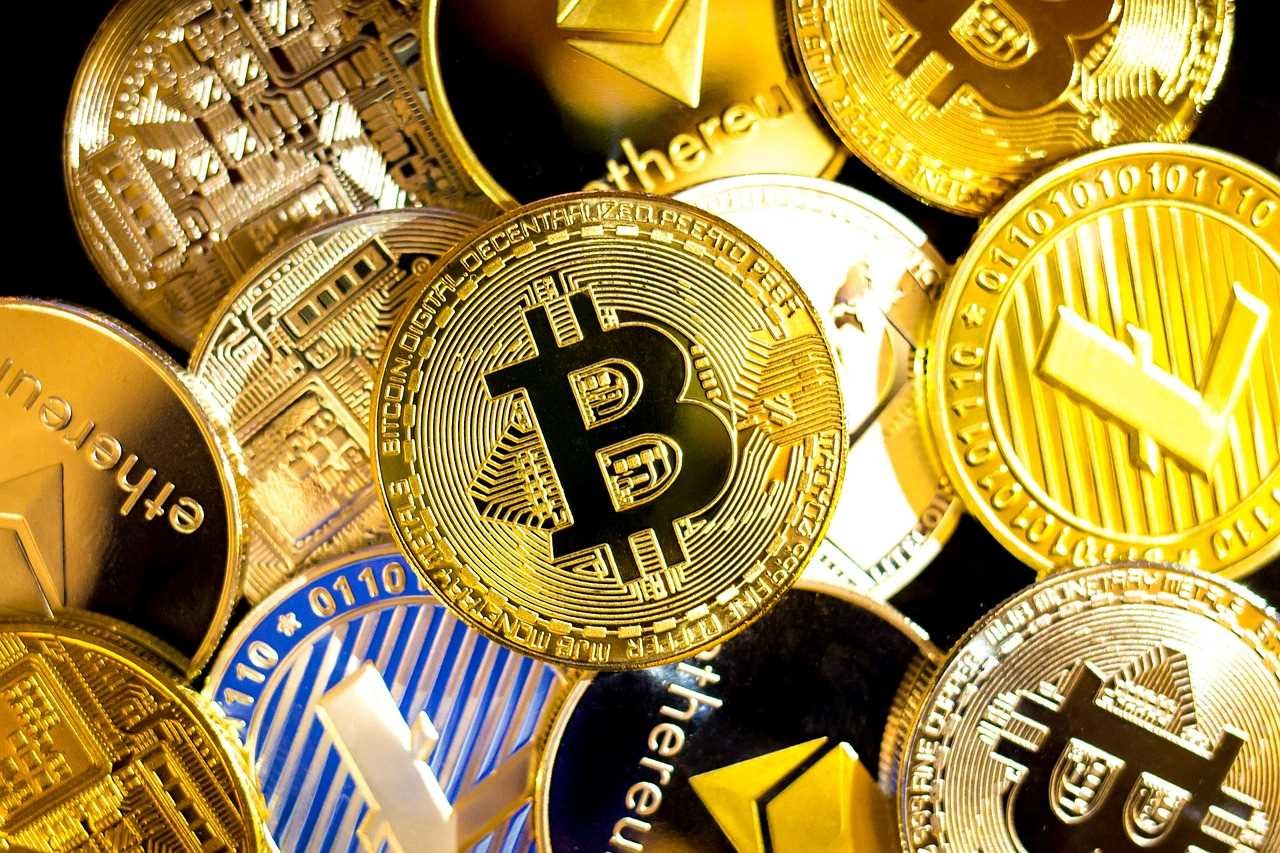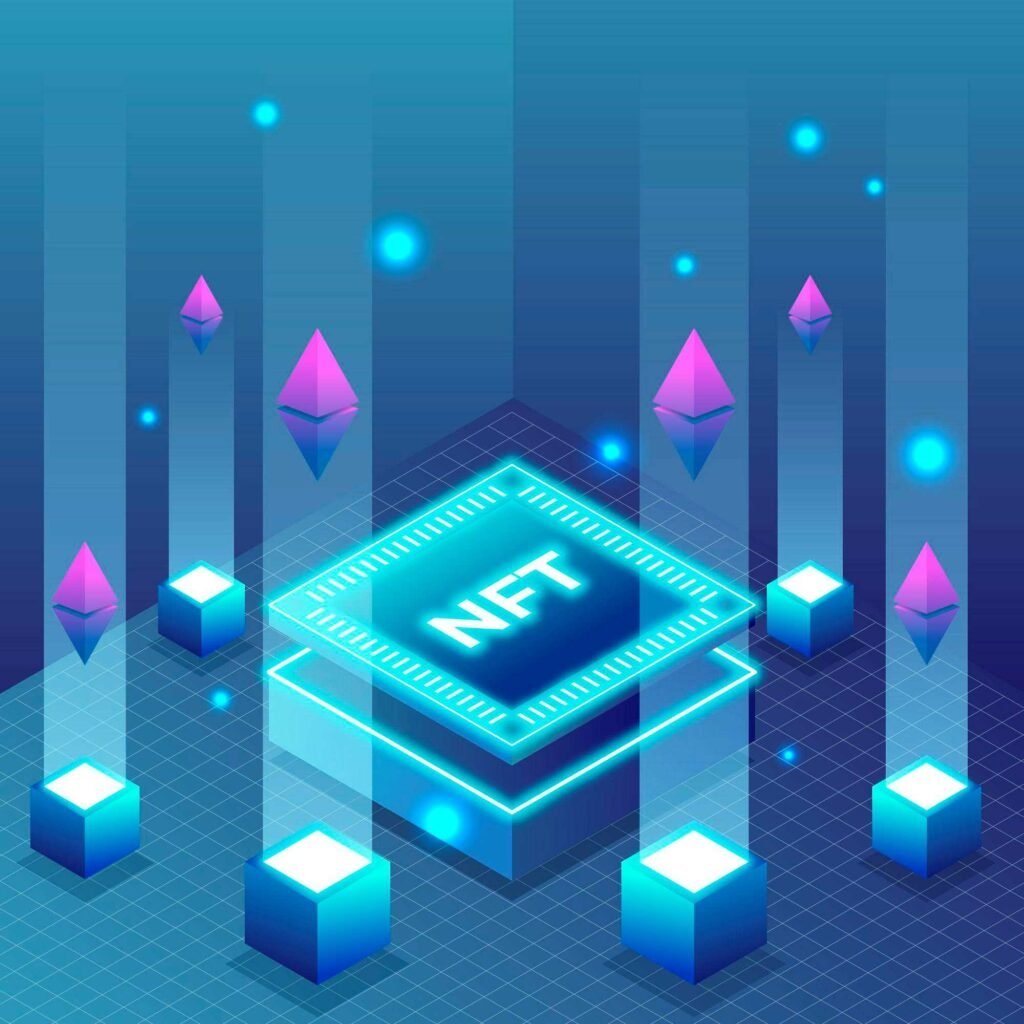
What is a crypto token? It’s a digital unit that carries value or rights, operating on a blockchain that records its transactions and ownership. From cryptocurrencies to digital voting systems, tokens are multifaceted tools in the digital ecosystem. This article will unpack the concept, usage, and creation of crypto tokens, outlining their place in modern finance and beyond.
Decoding Crypto Tokens

Crypto tokens are akin to the superheroes of the digital asset universe. Why, you ask? Because they are not just digital assets; they are digital assets with superpowers! They operate on an existing blockchain network, allowing developers to create a cryptocurrency without needing to build a separate blockchain, simplifying the process and making it much faster and less expensive.
But akin to any superhero, having a clear plan of action is necessary. Creating a token is just the beginning. Regardless if it’s a memecoin or a pivotal part of an ecosystem, it’s indispensable to understand how the token will be used. Grasping these fascinating crypto tokens allows you to comprehend their diverse functionalities and provides you with the knowledge to assess them as potential investments.
The Building Blocks of Crypto Tokens: Smart Contracts
Smart contracts are the building blocks of crypto tokens. These are automated, self-executing programs that carry out actions according to predefined rules and conditions, eliminating the need for a central authority or legal enforcement mechanisms. In essence, they are the architects that define the supply, purpose, and operational rules of a token on a blockchain network. Smart contracts are often used in crypto casinos such as 777 Bet to ensure fairness and security.
The Ethereum platform is an exceptional playground for these architects. Here, smart contracts are developed using the Solidity programming language, allowing developers to encode various functions and rules of the token, from methods to transfer and manage token ownership to complex governance models and intricate programmed behavior.
Types of Tokens: Utility, Security, and Governance
Crypto tokens come in several flavors, each serving a unique purpose. Utility tokens, for example, serve specific project or ecosystem purposes, such as in-game currencies, loyalty schemes, and decentralized voting instruments in Decentralized Autonomous Organizations (DAOs). On the other hand, security tokens encompass a range of tokenized assets, such as equities and bonds, and can include unique characteristics and ownership rights.
Governance tokens have several key features:
- They allow token holders to vote on proposals that determine the direction of a project, thus decentralizing decision-making.
- The value of these governance tokens can increase as the project they are associated with succeeds.
- Sometimes, protocols buy back these tokens to reduce supply and enhance their value.
Token Standards: ERC-20 and Beyond
When it comes to creating fungible tokens compatible with the Ethereum ecosystem, there are several token standards to choose from. Some of the popular ones include:
- ERC-20: This is the most widely used token standard on the Ethereum network. It enables seamless integration with exchanges and wallets, making it easy to trade and store tokens.
- ERC-777: This token standard builds upon the ERC-20 by adding additional features such as ‘Hooks’. These Hooks allow for improved token transfers and smarter interaction with contracts.
- ERC-1155: This token standard introduces the ability to manage multiple token types in one contract. It is particularly useful for projects that require the creation and management of different types of tokens.
Each token standard has its own advantages and use cases. It’s important to choose the one that best suits your project’s needs.
Blockchain platforms like EOS, NEO, and Tezos also have their bespoke token standards akin to Ethereum’s standards, ensuring interoperability. Such standards are vital as they facilitate seamless interaction of diverse tokens and smart contracts within and across blockchain platforms.
The Ethereum Network: A Hotbed for Token Creation

When it comes to the creation of tokens, the Ethereum network is the place to be. Known as the Silicon Valley of crypto tokens, Ethereum is a haven for ERC-20 tokens, making it the heart of token innovation.
The Role of Ethereum in Tokenization
Unlike Bitcoin, which primarily functions as a ledger for account balances, Ethereum’s structure supports the creation of new applications and currencies, making it the preferred platform for tokenization. Its multiple program states allow for the development of a wide array of smart contracts, leading to the diversification of token features.
Ethereum’s unique selling point is its Ethereum Virtual Machine (EVM). The EVM enables developers to:
- Execute contracts peer-to-peer with Ether, the native cryptocurrency of the Ethereum network
- Ensure finite and paid execution of program code through the gas system
- Safeguard resources and incentivize transaction processing in tokenization projects
Advantages of Launching Tokens on Ethereum
Launching your own token on Ethereum is like setting sail from a well-equipped harbour. This central hub of the crypto market offers substantial exposure for tokens launched within its network, serving as a foundational platform for numerous crypto projects.
Tokens that follow the ERC-20 standard on Ethereum enjoy the following benefits:
- Widespread interoperability, making them easily exchangeable and usable within the vast array of existing wallets and exchange platforms
- More efficient and transparent token sales through smart contracts, thanks to the faster block times of the Ethereum network
- Robust market characterized by liquidity and volatility, making Ethereum an ideal environment for buying and selling tokens.
